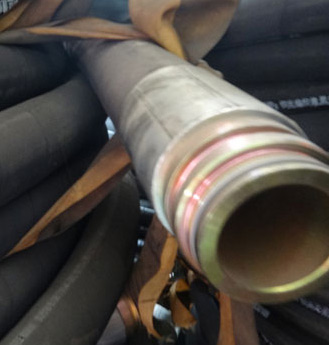 A Common Kitchen Tip Applies to Hydraulics
A Common Kitchen Tip Applies to Hydraulics
When I was still very young my mother used to take me shopping with her. Whenever she bought dishes, she would bring them home and wash them before putting them away. That seemed kind of silly to me at the time because, after all, they were brand new! But when I asked her why she did that she said, “You never know where those dishes have been!”
As usual, she was right. From manufacturing to shipping to display on the store shelves, those dishes had plenty of opportunities to collect dust and germs. The same principle, funnily enough, applies to the Fluid Power Industry.
Much time and attention has been focused on the importance of clean hydraulic oil, and a whole host of studies and articles have been written on oil filtration. It has become an accepted fact that oil needs to be clean in order to obtain optimum equipment performance. But what happens to clean oil once it passes through dirty lines?
Surprisingly, comparatively little has been said about the importance of cleaning hydraulic lines. In fact, one of the most frequent comments that our salesmen hear is, “new hose is already clean!” But this is unfortunately a myth (see our article “Not Getting the Results you want? How hose manufacturers could be thwarting your success.”).
From manufacturer, to distributor, to the end user, there are multiple ways that hydraulic hose just gets dirtier and dirtier:
- Mandrel lubricant from hose fabrication is never cleaned out at the manufacturing facility.
- Cutting a hose into smaller lengths for hose assembly generates rubber dust in the tube.
- Crimping causes “flashing” (small metal shards) to break off into the line.
- Leaving a finished hose un-sealed allows air-born dust and grime to enter the line. (Or, worse, the hose gets thrown into the back of a dirty truck during transportation to the job site.)
By the time the finished product is being installed onto the equipment the amount of contamination build-up has been sufficient to ruin even the cleanest oil. Hydraulic tubing can be just as bad. Bending, flaring, and de-burring all leave both visible and microscopic particles inside the line that can effectively destroy precision parts on equipment.
My mother taught me well, today I would never dream of eating off of “new” dishes without cleaning them first. I also wouldn’t buy a new hydraulic line without getting it cleaned too. But what are your thoughts? What kind of an impact do you think cleaned or un-cleaned hydraulic lines have on equipment?




